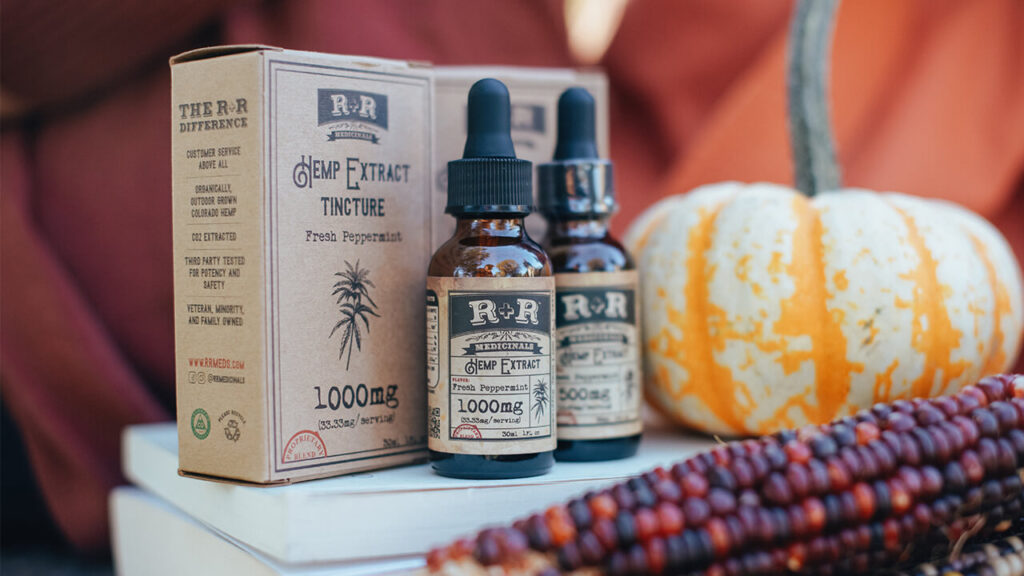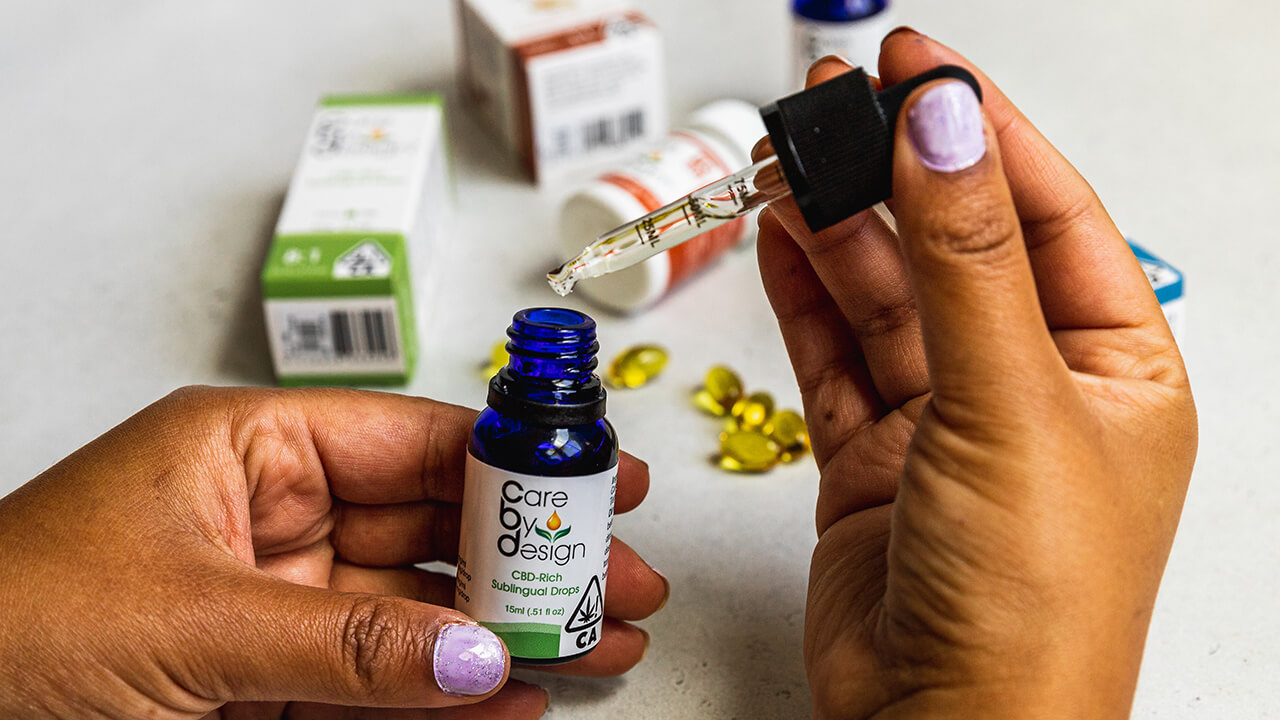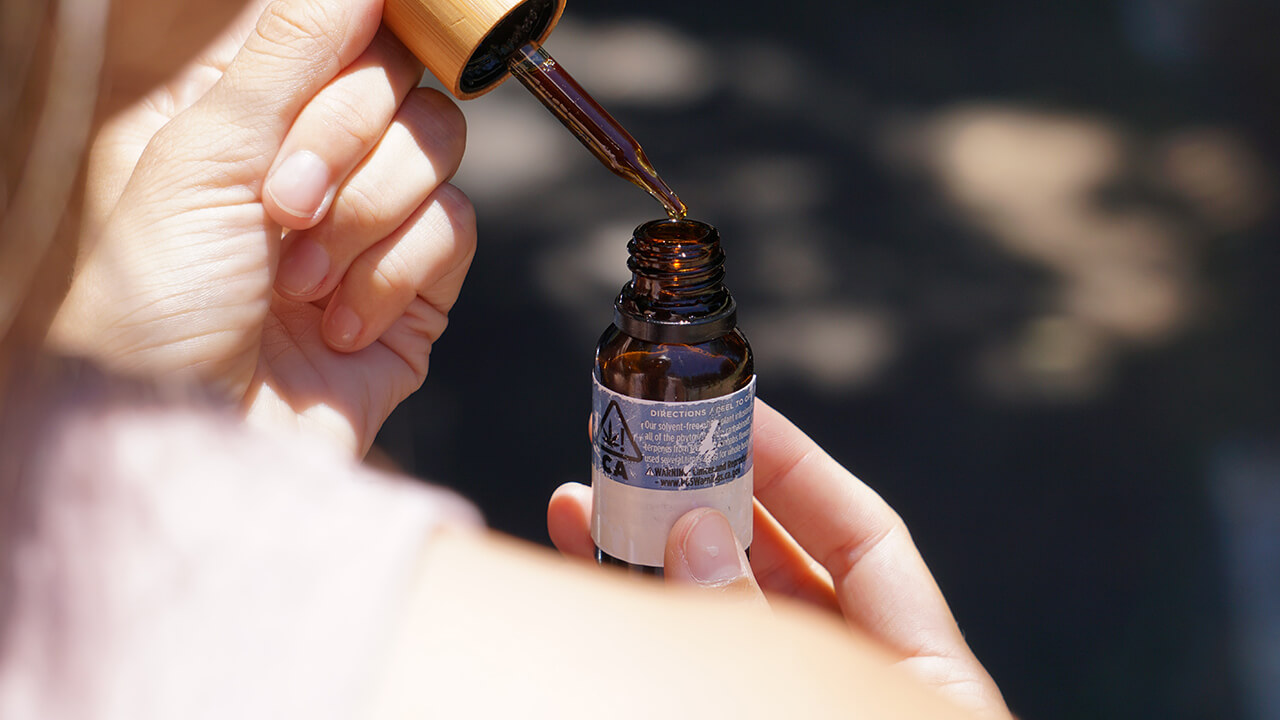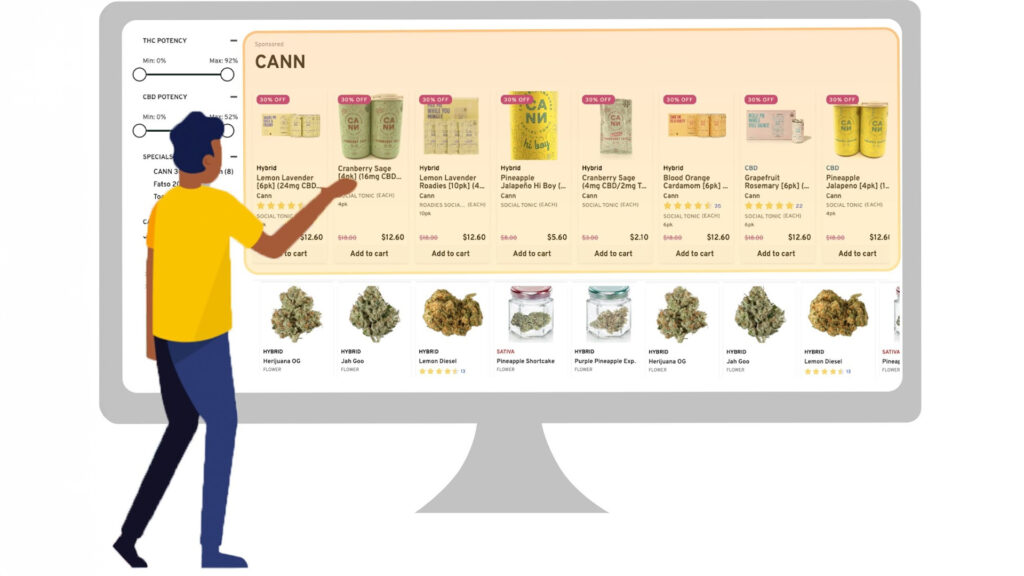Among the U.S. public, there’s been a lot of buzz the last few years about hemp and CBD, and many of the folks looking to start brands in the space have big questions about the rules around advertising hemp and CBD products.
And for good reason: more people than ever are realizing that CBD and other hemp-derived cannabinoids have tons of properties that can benefit people medicinally. The U.S. CBD industry alone is predicted to grow to $16 billion by 2026.
It all started in 2018 with the passing of the Agriculture Improvement Act, also called the Farm Bill. The legislation legalized hemp to be grown and harvested for commercial use.
Among its many other uses, hemp is widely produced for its cannabidiol and THC (including Delta-9 THC, often thought by the public as only available in Rec/Med cannabis States). Both substances have arisen as a favorable alternative to traditional medicines, and can also be used recreationally (purely for enjoyment). CBD and hemp-derived THC have been linked to relief from pain, inflammation, anxiety, and insomnia, among other things.
Sounds like a dream for marketers. What’s the challenge?
Unfortunately, CBD and hemp marketing isn’t like marketing any other product.
That’s because the Food and Drug Administration has not approved them as supplements or treatments for disease, and that muddies the waters around messaging.
Add to that the fact that the two largest online ad platforms, Google and Facebook, have either banned or restricted advertising hemp and CBD on their networks.
The sad truth is that those digital giants have grouped hemp and CBD, a space where many products can contain only 0.3% of THC at the most, together with cannabis, which remains a Schedule 1 drug, and typically contains much more THC.
At the same time, we at Heady are finding that, because of the Farm Bill, many companies are selling 10 mg of Delta-9 THC, derived from hemp, directly to consumers via their websites.
This is a space that many startup brands are entering because of the lack of red tape compared to dispensary licenses and manufacturing with cannabis.
The question remains, though:
Can you advertise hemp and CBD products?
The answer is yes, but with restrictions. While Google outright bans advertising CBD (although there are workarounds), Facebook lets you advertise for topical, hemp-derived CBD, provided the ads themselves do not show those products or mention “CBD.”
Let’s take you through the complex web of hemp and CBD marketing regulations and then explain how our process can help you get your hemp and CBD products in front of the right people.
What’s Special About Advertising Hemp and CBD Products?
The one strange contradiction that people run into when learning how to advertise CBD and hemp is that the federal government has both legalized hemp and refused to approve its byproduct of CBD as a supplement or medicinal treatment.
Given these mixed messages on CBD from the government, it’s no wonder that the rules around advertising CBD products are so murky.
To focus on just Google and Facebook for now: officially, both platforms disallow traditional product ads that show and talk about CBD and hemp.
Google is the stricter of the two. It considers CBD as an unapproved pharmaceutical and won’t allow advertisers to run ads mentioning or showing CBD.
Facebook was the same until relatively recently, when it permitted advertisers on its platform and Instagram to run ads only for non-ingestible, topical, hemp-derived CBD products.
The consensus remains, though, that saying “CBD” or showing it in those Facebook ads or even on the ads’ landing pages is still not advisable, as it could get your campaign rejected.
How to Advertise CBD and Hemp on Google
Now, there is a workaround for advertising CBD and hemp products on Google. It’s just one that you probably won’t like.
If you do some Google searches for “CBD products near me” or “local dispensaries” or something like that, you may encounter ads on the first result page.
Have a look at them, though. What do you notice? Do they seem a bit vague?
If you click one and go to its landing page, what else do you notice? Do you see any mention of “CBD” on the page?
This is the workaround for Google Ads.
You bid on CBD and hemp keywords like you would for any other ad campaign, but then you don’t use the words in your ad copy or even on your landing page. Instead, you focus completely on your brand identity.
If the ad passes the Google Bot test and gets approved, you then have to trust that users who are wise to the current CBD and hemp situation will know what to do.
The best idea is simply to have a contact form on that landing page so you can take marketing communications off Google and into emails.
At that point, you are free to send your leads the URL to your real website and talk about CBD and hemp all you want, provided what you sell is legal in your state.
So that’s the background on CBD ads on Google. If you’ve been wondering more specifically, “How do I run an ad for CBD products?” we’ll give you a basic step-by-step here.
While we wouldn’t say that advertising CBD and hemp is easy, you can work around the rules on Google and social media by following a few simple steps that should help you avoid getting rejected.
- Create ads that focus completely on you as a company and brand without calling out anything about CBD specifically.
- Devise a website landing page that corresponds to the ad while still avoiding all language referring to CBD. Mentions of topical hemp on the landing page are generally okay (for Facebook ads), but you may feel safer not even saying any names.
- Submit your ads and wait for approval. If you have followed all the rules for advertising CBD products on Google and Facebook and are still rejected, you may appreciate the chance to contest the rejection before just giving up.
What Other Tactics Should You Include in Your Business’s CBD and Hemp Marketing Strategy?
So now you know about advertising CBD and hemp on the two largest online advertising platforms in the world, Google and Facebook.
But what other elements should you be employing in your CBD and hemp digital marketing strategy? We have some ideas that we’ll detail for you here.
SEO
While you could end up paying thousands of dollars a month in ad costs for your store, SEO is more or less free to practice and implement.
SEO for your brand will involve performing keyword research, using those keywords in your meta tags and on your website’s pages, and establishing a Google My Business profile if you have brick-and-mortar locations.
Another big part of SEO is natural link building, which is the process of earning links to your website from other, related websites.
You can do this through numerous methods, including: PR, doing interviews or podcasts, guest posting on authoritative sites, and/or writing content on your site that attracts links from other publications.
Backlinks from relevant websites are a trust signal for Google. They let the search engine know that your CBD website is trustworthy, since others have wanted to link to you.
Content
Content should always be part of your CBD and hemp digital marketing approach.
It’s through content that the public will see your expertise in your industry and learn about you as a brand. By researching the right keywords beforehand, you can use content as the vehicle for ranking for terms relevant to you.
Here is one important caveat to keep in mind with your CBD and hemp content and all SEO you do: because the FDA has not approved any cannabis-derived medication beyond Epidiolex®, you are not allowed to claim definitive medical benefits for your CBD products.
The solution to this is quite simple, though. Instead of saying that CBD can treat or cure something, state that it may have this or that benefit for your customers.
It is also a good idea to feature a disclaimer on content pages stating that your content is not a substitute for medical advice and that users should consult a doctor about using CBD.
Social Media
We covered the rules about advertising CBD and hemp on Google, Facebook, and Instagram above. Twitter’s policies for CBD and hemp advertising are the same as Facebook’s: topical, non-ingestible products only.
The other key point to remember is that the rules for advertising on these platforms are similar to those for posting there.
On Facebook and Instagram, you should avoid using words such as “CBD” in posts. If you do mention CBD products in your feed, be sure to keep the mentions to hemp-derived topicals only.
If you can stick to the rules on these platforms, then marketing CBD on social media can be a real boon to your brand.
Affiliate Marketing
Like SEO, affiliate marketing is one of the few available unrestricted marketing channels that exists today for hemp and CBD companies.
For those unfamiliar, affiliate marketing is where publishers (influencers, blogs, etc.) earn a commission by promoting your products on their platforms and the sales are tracked through an affiliate link.
If you’re looking for an affiliate network that specializes in cannabis/hemp brands only, CannAffiliate is one of the larger players in the space, but more mainstream networks such as ShareASale are also participating in the green rush. Affiliate marketing can also go hand-in-hand with your email marketing campaign, more on that below.
Finally, we have email marketing, which can be a highly effective and reliable method of marketing for you. As with anything related to CBD in today’s legal climate, though, there are a few things to keep in mind.
With email, you can talk directly to your customers. You can market to them, offer them deals, and talk openly about CBD, whatever you’ve got!
However, please keep in mind that just because you’re away from the public eye doesn’t mean you can veer off the route of legality in every bit of communication you do with your customers.
You still have to ensure your products comply with the laws on CBD in your state. And, just as we said with content above, you cannot make any definitive medical claims about CBD. You should only claim that CBD could have certain effects on you.
Let Heady Help with Your CBD Marketing
CBD and hemp are perhaps thought of as two of the easier cannabis products to market today, but there are still plenty of rules and regulations surrounding advertising hemp and CBD products.
To make it easy for you, Heady does all the marketing strategizing so all you have to do is focus on what you do best. We’ll devise an approach that works for you while also taking laws and policies into account.
Learn more about our cannabis marketing services by getting in touch with us today.




